ABOUT FEMALE STERILIZATION
When you are sure you do not want to have children (or more children) and do not want to take hormones to avoid pregnancy, talk to our doctors about our in-office and traditional female sterilization options. The Caring Center for Women offers Essure, an intrauterine device (IUD), that our doctors can place in one appointment. Essure is not like a hormone-releasing IUD because it does not contain hormones at all. An Essure insert is placed inside each fallopian tube and will develop scar tissue around it to create a boundary for sperm. Three months after the fallopian tubes have had time to seal close, we will do a confirmation test to make sure your body has adapted to the device to prevent any future pregnancy. For a more traditional sterilization process, we also offer tubal ligation (also referred to as "tying the tubes"). Incisions are made so that the fallopian tubes can be severed and tied so that when the ovaries release an egg, it cannot be fertilized by sperm due to the barrier made.
If you would like to know your options for continual birth control until your last day you are able to conceive (after menopause), we recommend having a consult with one of our understanding and insightful OBGYNs.
Reviews
TREATMENT OPTIONS
Essure
At the Essure placement appointment in our office, we will walk you through the process and answer any questions you may have before implantation. Your OBGYN will be the one to insert each micro-insert (made of a combination of medical-grade polyester fibers, nickel, titanium, platinum, silver-tin and stainless steel) into your fallopian tubes. This technique should not be considered if you have ever had an allergy to metals, such as nickel. An allergic reaction can occur inside the fallopian tubes if an allergy is present. The fallopian tubes will develop scar tissue over a period of 3+ months. Remember, Essure is not immediate contraception. You will need to have an Essure confirmation test before you can stop all birth control or barrier devices to prevent pregnancy. After 3 months, you will have a follow-up appointment to have a modified HSG or an x-ray.
The FDA approved the use of Essure in 2002 for continual birth control (female sterilization). You cannot reverse the placement of an Essure micro-insert.
TUBAL LIGATION
The more traditional route of female sterilization is tubal ligation, which has been effective for decades. A tubal ligation can be performed at the time of a cesarean section or as a minimally invasive surgical sterilization in the hospital setting. Under a general anesthetic, your surgeon will make small incisions near the navel or lower abdomen and expand the area with air or gas. Using laparoscopic tools (and a camera), your surgeon then performs the ligation by tying, cutting, clamping, banding, or sealing off the tubes. Once each tube is altered, you will be closed up with a few stitches.
Other Considerations
The benefit of having the Essure placed inside of the fallopian tubes instead of a tubal ligation is that it does not require surgery. There are no incisions made for the placement of the Essure micro-inserts or the same risks associated with a tubal ligation either. However, a tubal ligation is reversible. Both options do not require the use of hormones to prevent pregnancy or require daily maintenance. Your menstrual cycle will not be affected by either sterilization technique. We will have a candid discussion with you about your choices.

You CHoose Your OPtions
Give us a call today to schedule your consultation to see if this procedure is right for you. Our experienced doctors and medical staff are here to help you decide what contraception works best for your body and lifestyle. Learn more about Essure or tubal ligation at a private appointment at the Caring Center for Women.









